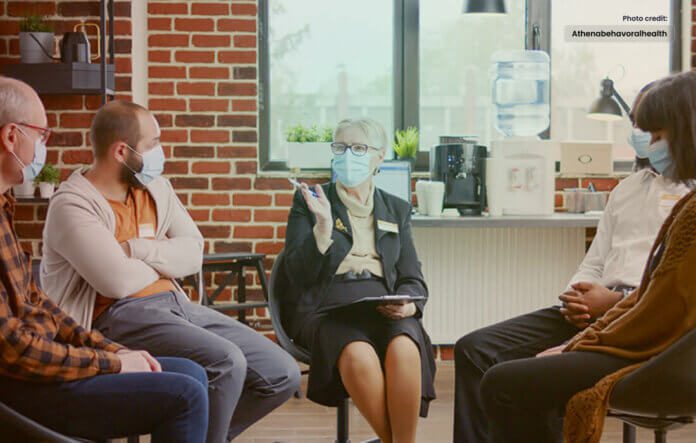Rehab centers aid the mental health, support and healing environments.
Introduction:
In the realm of mental health, the journey to recovery can be a challenging and complex process. For individuals struggling with mental health conditions, finding a supportive environment that promotes healing, growth, and rehabilitation is paramount. Mental rehabilitation centers offer a holistic approach to care, providing a range of therapeutic interventions, personalized treatment plans, and a supportive community. Further we will explore the concept of mental rehabilitation centers, their key features, and the invaluable role they play in helping individuals rediscover hope and rebuild their lives.
Understanding Mental Rehabilitation Centers:
Mental rehabilitation centers, also known as psychiatric rehabilitation facilities or psychiatric rehab centers, are specialized healthcare facilities that focus on the recovery and rehabilitation of individuals dealing with mental health disorders. These centers provide a structured and nurturing environment designed to address the multifaceted needs of individuals while supporting their journey towards improved mental well-being.
Holistic Treatment Approaches:
Mental rehabilitation centers adopt a holistic approach to treatment, recognizing that mental health encompasses various aspects of an individual’s life. Some key components of their treatment approach include:
a. Therapeutic Interventions:
Mental rehabilitation centers offer a wide array of evidence-based therapies, including individual counseling, group therapy, cognitive-behavioral therapy (CBT), dialectical behavior therapy (DBT), and art therapy. These interventions aim to address specific mental health issues, promote self-awareness, and develop healthy coping mechanisms.
b. Psychiatric Support:
A team of psychiatrists, psychologists, and mental health professionals collaborate to provide comprehensive psychiatric care. They conduct assessments, develop personalized treatment plans, prescribe appropriate medications, and monitor progress throughout the rehabilitation process.
c. Life Skills Development:
These centers emphasize equipping individuals with practical life skills necessary for independent living and reintegration into society. This may include training in areas such as budgeting, time management, vocational skills, communication, and social interaction.
d. Wellness and Self-Care:
Promoting overall well-being is a fundamental aspect of this. Centers often incorporate activities like mindfulness exercises, yoga, physical fitness, and nutrition education to support individuals in developing healthy lifestyle habits that contribute to their mental and emotional well-being.
Community and Peer Support:
One of the significant strengths of mental rehabilitation centers is the sense of community and peer support they foster. Individuals undergoing rehabilitation often find solace and understanding in a community of like-minded individuals who share similar experiences. Group therapy sessions, support groups, and peer mentorship programs allow individuals to connect, share their stories, and learn from each other’s journeys. This sense of belonging and support can be invaluable in promoting recovery and reducing feelings of isolation.
Individualized Treatment Plans:
These centers recognize that each individual’s journey to recovery is unique. Therefore, they develop personalized treatment plans tailored to address specific needs, goals, and challenges. These plans are dynamic and evolve as individuals progress through their rehabilitation, ensuring that interventions remain relevant and effective.
Transition and Aftercare Support:
Successful rehabilitation extends beyond the confines of the center. These centers prioritize preparing individuals for a smooth transition back into their communities. They provide comprehensive discharge planning, offer resources for ongoing therapy and medication management, and facilitate connections with support services, outpatient programs, or community mental health resources. This ongoing support is crucial in maintaining the progress achieved during the rehabilitation process.
Conclusion:
Mental rehabilitation centers offer a lifeline to individuals struggling with mental health conditions, providing a supportive and structured environment for healing and growth. Through a holistic approach to treatment, individualized care plans, and a focus on community and peer support, these centers empower individuals to rebuild their lives, regain independence, and rediscover hope. If you or someone you know is facing mental health challenges, exploring the resources.
Find out more about https://rockedgeurdu.com/




